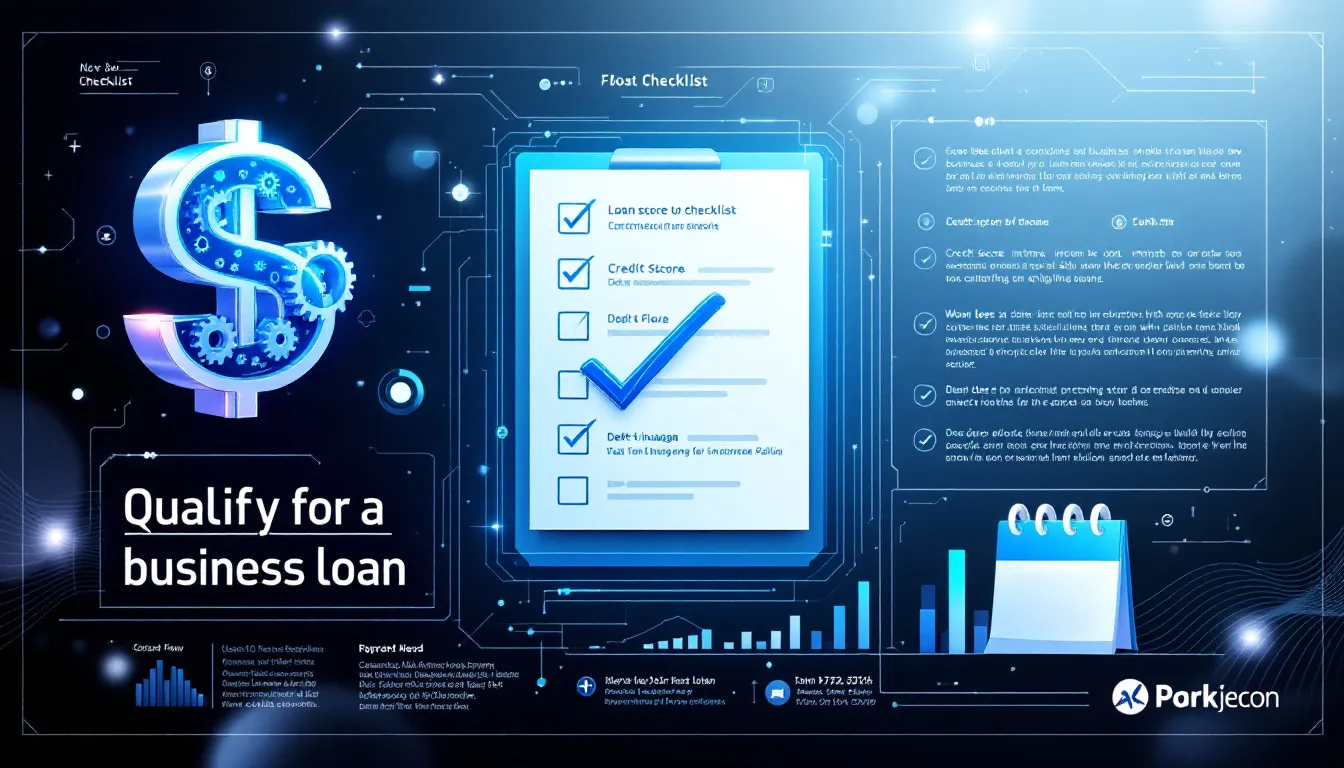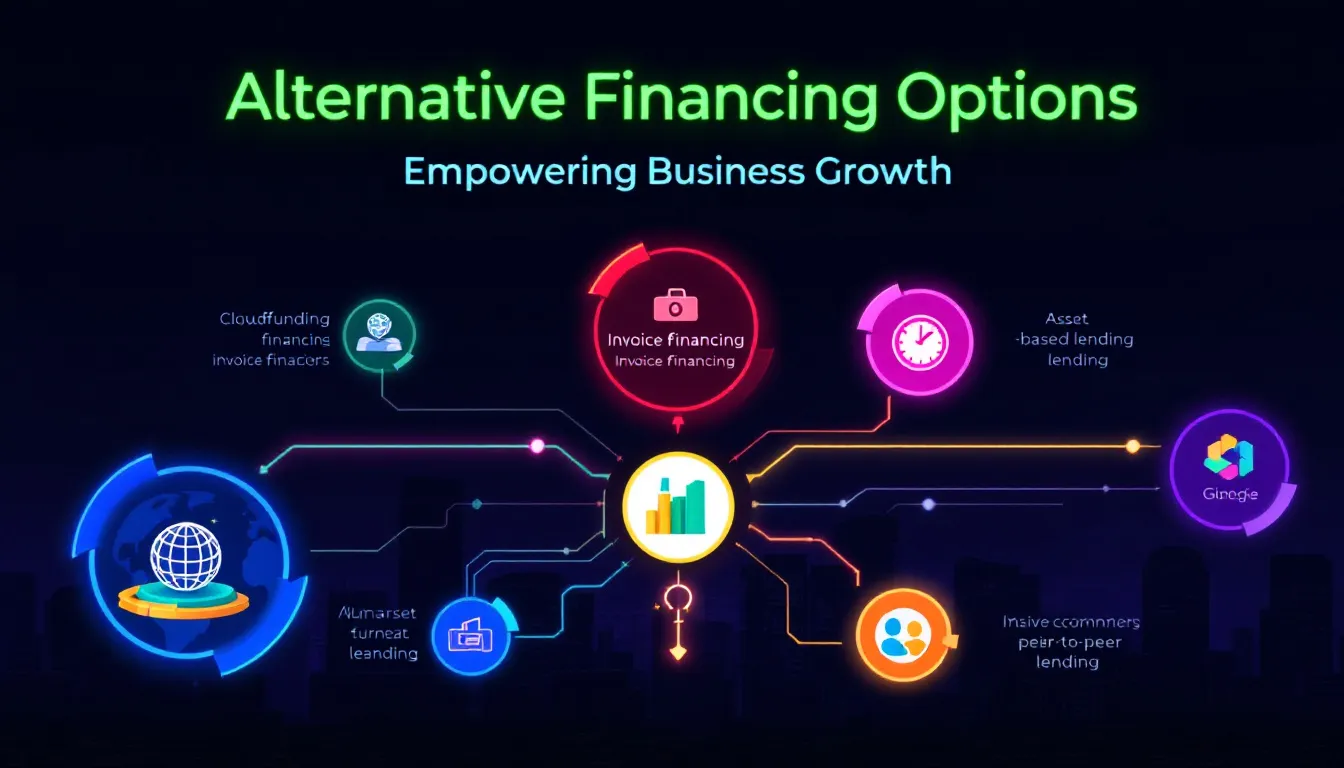Malcolm ZoppiFri Mar 28 2025
M&A Lawyer’s Ultimate Guide to Buy a Business with a Loan
I’m Malcolm Zoppi, an experienced M&A solicitor who specialises in acting for the buyer. If you want to buy a business with a loan but unsure where to start, this is the blog for you. In this guide, you’ll find everything you need, from understanding loan options to qualifying for financing. Learn the advantages of […]
I’m Malcolm Zoppi, an experienced M&A solicitor who specialises in acting for the buyer. If you want to buy a business with a loan but unsure where to start, this is the blog for you. In this guide, you’ll find everything you need, from understanding loan options to qualifying for financing. Learn the advantages of buying an existing business and get tips on evaluating your purchase.
Key Takeaways
Buying an existing business offers immediate revenue and established operational structures, reducing startup time and risk.
Various financing options, including secured, unsecured, invoice, and seller financing, provide flexibility for business acquisitions tailored to different financial situations.
Thorough evaluation, due diligence, and post-purchase integration strategies are essential for ensuring a successful business acquisition and long-term operational success.
Why Consider Buying an Existing Business?

Purchasing an existing business offers immediate revenue generation, providing better cash flow from the outset. Unlike starting a new business, where building a customer base and establishing operational structures can take years, an existing business offers a running start. The customer bases and operational structures are already established, significantly reducing the time and effort required to get the business up and running.
An existing business usually has a proven market for its products or services, simplifying the financing process for business customers. Lenders and investors prefer ventures with a successful track record, reducing loan risk. Experienced employees and a network of industry contacts offer invaluable support and insights to the new owner of their own business. This can be particularly beneficial for those who may be new to the industry, offering a smoother transition and faster adaptation to the business environment.
Another advantage is the reduced risk due to resolved operational issues by the previous owner. Having many operational problems already identified and addressed allows the new owner to focus on growth and expansion rather than troubleshooting. Familiarity with the specific industry can also influence the decision-making process, making it easier to navigate the challenges and opportunities that come with owning a business.
All these factors combined make buying an existing business a lucrative and strategic option for many entrepreneurs.
Types of Loans for Business Acquisition
When it comes to financing a business purchase, there are various types of business loans available to cater to different needs and financial situations. Understanding these options helps in making an informed decision that aligns with your financial capabilities and business goals.
Business loans come in various forms, including business financing:
Secured business loans
Unsecured business loans
Invoice financing
Asset-leveraged financing
Cash-flow financing
Seller financing
Each type of loan has its own set of requirements, benefits, and risks. Secured business loans require collateral, while unsecured business loans do not, though they may have higher interest rates. Invoice financing and asset-leveraged financing use the assets of the business being purchased as collateral, providing flexibility in funding.
Seller financing allows the buyer to pay part of the purchase price over time, reducing the need for a loan to buy traditional loans. Exploring these options helps identify the best financing method for your business acquisition.
Secured business loans
Secured business loans are a popular choice for many entrepreneurs looking to buy an existing business. These loans require collateral, which can be any asset from the business’s balance sheet, such as property, stock, or accounts receivable. This collateral provides security for the lender, reducing the risk associated with the loan. However, it’s important to note that if you default on a secured business loan, the assets used as security may be seized.
Lenders may also consider third-party security, such as a personal guarantee, in addition to business assets as collateral. This means that if the business fails to repay the loan, the guarantor will be responsible for the debt.
Secured loans offer several advantages, including lower interest rates and longer repayment terms compared to unsecured loans. However, the risk of losing collateral in case of default makes it essential to carefully assess your financial circumstances and the potential of the business before opting for this type of financing. Understanding the requirements and risks associated with secured business loans helps you make an informed decision that aligns with your business goals and financial capabilities.
Unsecured business loans
Unsecured business loans offer a financing option without the need for collateral, making them an attractive choice for some entrepreneurs. However, these loans typically require a personal guarantee, meaning the borrower is personally responsible for repaying the loan if the business defaults. Lenders perform a thorough credit check before approving an unsecured loan, which can impact the terms and interest rates offered.
One of the main drawbacks of unsecured loans is the higher interest rates compared to secured loans. The terms and conditions of unsecured loans can often be negotiated, offering some flexibility for borrowers.
This type of financing is suitable for businesses with strong financial health and a good credit history, as it allows them to access funds without risking their business assets.
Invoice financing
Invoice financing is a unique form of business loan that leverages the money owed to the target business by its debtors. This type of financing allows you to borrow money based on the value of outstanding invoices, providing immediate access to funds. Debtors, or the invoices owed by people to whom the target business delivered services or products, are considered assets because they carry the right to receive payment.
A lender could lend up to 75-80% of the debtors’ figure. For example, if the target business is owed £100k, a lender could lend up to £75k-80k, providing substantial funding without the need for traditional collateral.
This financing is particularly useful for businesses with significant outstanding invoices, helping improve cash flow and meet short-term business finance needs.
Asset-leveraged financing
Asset-leveraged financing is another option for business acquisition, where the target business’ valuable assets, such as premises, stock, or machinery, are used as collateral. The lender will want to get these assets valued to determine how much it will lend against them.
This financing can provide substantial funds based on the value of the business’s assets, making it attractive for businesses with significant physical assets through business funding and asset finance.
Cash-flow financing
Cash-flow financing is suitable for businesses with contracts that virtually guarantee monthly recurring revenue. Target businesses that can secure this kind of financing include software subscription businesses, accountancy firms, or other businesses offering subscription services.
This financing leverages the business’s predictable cash flow to provide funding, ensuring it can meet financial obligations and continue to grow.
Seller financing
Seller financing is a unique and flexible option where the seller allows the buyer to pay part of the purchase price over time instead of a lump sum. This arrangement enables buyers to use the business’s income to fund the purchase and may avoid the need to borrow from traditional lenders. Payments are made directly to the seller, simplifying the financing process and reducing the need for extensive credit checks.
However, the seller will usually ask for either a personal guarantee from the buyer or a debenture over the target business to secure the loan. This ensures that the seller has some form of security in case the buyer defaults on the payments.
Seller financing benefits both parties, offering the buyer flexible payment terms and the seller a steady income stream.
How to Qualify for a Business Loan

Careful preparation and a strong financial profile are essential to qualify for a business loan. Lenders typically require financial statements such as personal identification and business bank statements to assess the borrower’s financial health. Evaluating financial health involves checking credit scores, organising tax returns, and ensuring both personal credit report and business credit histories are in good standing. A strong business credit score directly impacts loan approval chances, making it essential to maintain a good credit history.
Improving your credit score significantly enhances your chances of securing a business loan. Actions include paying off old debts and maintaining a good payment history. Additionally, proving to lenders that your proposed business purchase includes a sound business strategy and income potential is essential for ensuring loan repayment. A well-crafted business plan can demonstrate the viability of the business and its potential for success.
Before applying for a loan, shop around and compare different lenders to find favourable terms. Negotiating loan terms can help secure a more suitable agreement for your business situation, ensuring that the loan aligns with your financial capabilities and business goals.
Taking these steps improves your chances of qualifying for a business loan and securing the necessary funding.
Alternative Financing Options

Beyond traditional business loans, several alternative financing options are available for purchasing a business. Peer-to-peer lending is another method of raising capital from individuals, providing access to finance quickly without collateral or lengthy credit checks. This option can be particularly useful for businesses that may not qualify for traditional loans.
Angel investors provide capital, mentorship, and valuable networks that contribute to a business’s success. These investors are typically experienced entrepreneurs who can provide strategic guidance and support, helping to navigate the challenges of business ownership.
Borrowing from family and friends
Borrowing from family and friends often provides easier access to funding and comes with more favourable terms compared to traditional lenders. However, the emotional cost of defaulting on a loan from family or friends can lead to significant personal problems, potentially damaging relationships.
Formalising the borrowing agreement with clear terms prevents misunderstandings and helps maintain personal relationships. This ensures that both parties are on the same page and helps to avoid any potential conflicts.
Investors and partners
Investors or partners can be an excellent source of funding for a business acquisition. They can provide a cash injection in return for a share in the business and/or profits, or the arrangement can be structured as a loan with interest payments to the investor. This form of equity finance can be particularly beneficial if the investor brings additional value, such as industry expertise or business connections, which can help the business grow.
However, it’s essential to consider the impact of investors or partners on control and profit distribution in the business. Bringing in investors or partners means sharing decision-making power and profits, which can affect how the business operates.
It’s important to carefully evaluate the terms of the investment and ensure that it aligns with your long-term business goals and vision.
Evaluating a Business Before Purchase

Before applying for a loan, evaluate the financials and opportunities of the business. This involves not just considering the initial cost of acquisition but also the potential revenue it can generate over time. Buying an existing business typically lowers uncertainty compared to starting a new business, making it a safer investment. It’s also essential to answer specific industry-relevant questions before considering the purchase.
The due diligence process is vital for assessing profitability and identifying any potential assets or liabilities. Analyse the business’s operational efficiencies and customer satisfaction levels prior to purchase to ensure that it aligns with your business goals.
Selecting the right acquisition structure, such as asset or share purchase, can significantly impact integration ease and operational continuity. A well-defined integration plan is crucial for aligning operations and minimising disruptions during the merging of businesses.
Due diligence process
The due diligence process helps uncover financial stability and any existing legal liabilities of the business. Key elements of due diligence include financial audits, legal compliance checks, and evaluating the company’s operational processes. Engaging experts in financial and legal matters can enhance the thoroughness of the due diligence process, ensuring that all potential risks are identified and addressed.
This evaluation ensures you are making a sound investment decision.
Assessing market conditions
Understanding current market dynamics is essential for evaluating the business’s long-term prospects. Assessing market conditions involves analysing the competitive landscape, identifying market trends, and understanding the business’s position within the industry. This thorough assessment can help determine the viability of the business acquisition and predict future success.
Thorough assessment of market trends and competition can help you make informed decisions when considering the acquisition of a business. By understanding the market’s competitive dynamics, you can better predict the challenges and opportunities that the business will face, ensuring that your investment is well-positioned for long-term success.
Post-Purchase Considerations
After acquiring a business, it’s essential to establish a clear plan for the transition to ensure operations run smoothly. Effective post-purchase strategies are vital for a smooth transition and long-term success. Establishing clear post-acquisition goals and objectives is vital for leveraging the strengths of the newly acquired business. Focusing on creating synergies enhances efficiency and profitability.
Seller financing helps buyers manage payments more flexibly, providing financial stability during the transition period. Implementing a robust post-purchase plan ensures the business continues to thrive and grow under your ownership.
Integrating into existing operations
Successful integration requires identifying overlapping roles and strong leadership to guide teams from both businesses. Effective communication with staff from both businesses reduces resistance and facilitates smoother integration.
Clear communication channels facilitate understanding and cooperation between the teams of both businesses. Strong leadership and effective communication are essential for achieving integration with minimal disruption.
Managing cash flow
Effective cash flow management post-acquisition ensures financial stability and ongoing operational success. Creating a cash flow forecast and financial projections is crucial for anticipating financial needs and ensuring sufficient funds for ongoing operations.
Closely monitoring cash flow post-acquisition is vital for navigating financial challenges and maintaining liquidity. Managing cash flow effectively ensures the long-term success of your newly acquired business.
Summary
In summary, buying a business with a loan offers numerous advantages, including immediate revenue generation, established customer bases, and reduced operational risks. Understanding the various types of loans available, such as secured and unsecured business loans, invoice financing, asset-leveraged financing, cash-flow financing, and seller financing, is crucial for making an informed decision that aligns with your financial capabilities and business goals.
Qualifying for a business loan requires careful preparation, including maintaining a strong credit history, organising financial documentation, and crafting a solid business plan. Exploring alternative financing options, such as borrowing from family and friends, investors, and partners, can provide additional funding sources and strategic support.
Evaluating the business before purchase, conducting thorough due diligence, and assessing market conditions are essential steps to ensure a sound investment. Post-purchase considerations, such as integrating into existing operations and managing cash flow, are crucial for the long-term success of your newly acquired business. By following the insights provided in this guide, you can navigate the complexities of business acquisition loans and achieve your entrepreneurial goals.
Frequently Asked Questions
What are the main advantages of buying an existing business?
Buying an existing business offers immediate revenue generation and access to an established customer base, along with operational structures and experienced employees. These factors significantly reduce operational risks compared to starting a new business from scratch.
What types of loans are available for business acquisition?
For business acquisition, you can consider secured loans, unsecured loans, invoice financing, asset-leveraged financing, cash-flow financing, and seller financing. Each option caters to different financial needs and circumstances, so choose one that aligns with your business strategy.
What is the due diligence process when buying a business?
The due diligence process when buying a business is essential for identifying financial stability and legal liabilities. It includes conducting financial audits, legal compliance checks, and assessing operational processes. This thorough examination helps ensure a well-informed purchase decision.
How can I improve my chances of qualifying for a business loan?
To improve your chances of qualifying for a business loan, focus on boosting your credit score, ensuring a solid payment history, organising your financial documents, and developing a compelling business plan. These steps will significantly strengthen your application.
What are the post-purchase considerations after acquiring a business?
It’s crucial to establish a clear transition plan, set specific goals, integrate the new business into your existing operations, and manage cash flow effectively for financial stability and operational success. Taking these steps will help ensure a smooth and successful post-acquisition process.